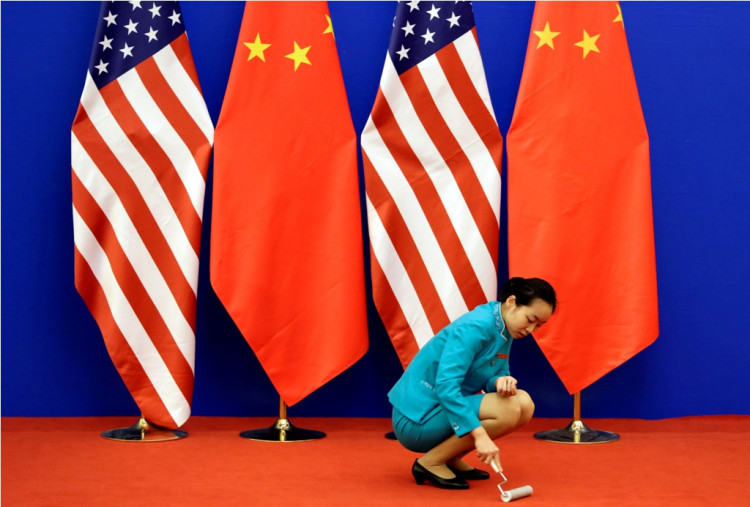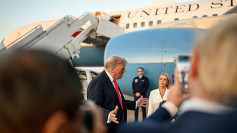New data reveals that U.S. government funding has contributed to over 1,000 patents awarded to researchers based in China since 2010. The patents, which cover a range of sensitive fields including biotechnology and semiconductors, have heightened scrutiny of the U.S.-China Science and Technology Agreement, a landmark pact initially established to foster collaboration between the two nations.
The revelation, obtained from the U.S. Patent and Trademark Office, underscores a growing concern among lawmakers about the implications of U.S. taxpayer-funded research benefiting China's technological advancements, according to Reuters. According to data provided to the House of Representatives' select committee on China, 1,020 patents granted between 2010 and early 2024 were funded at least in part by U.S. government agencies and involved at least one inventor based in China. This information, while not detailing specific projects or the division of patent ownership between U.S. and Chinese entities, highlights the breadth of U.S. financial involvement.
Among the patents, a notable 197 are in pharmaceuticals and 154 in biotechnology, both fields critical to the strategic interests of both the U.S. and China. Funding from various U.S. government sources has played a substantial role in this patent output. The Department of Health and Human Services, for instance, contributed to the creation of 356 of these patents, marking it as the most prolific source of such funding. The Department of Defense followed with 92 patents, while the Department of Energy and NASA, despite legal restrictions on collaboration with Chinese entities, also contributed to this tally.
Representative John Moolenaar, chairman of the select committee on China, expressed concern over these findings, stating, "It's alarming that U.S. taxpayers have unwittingly funded over 1,000 patents claimed by Chinese entities, with the Department of Defense accounting for nearly 100 of these patents." This statement reflects the growing apprehension among U.S. lawmakers about the strategic implications of such research funding.
The data provided by the patent office does not specify whether these patents were directly a result of the U.S.-China Science and Technology Agreement, signed in 1979, which aimed to enhance academic and commercial exchanges between the two countries. However, the revelation has intensified calls from some lawmakers to reconsider or even terminate the agreement, which critics argue disproportionately benefits China.
The U.S.-China Science and Technology Agreement, once viewed as a stabilizing force in the relationship between the two superpowers, is now facing increased scrutiny amid rising concerns about China's growing military power and allegations of intellectual property theft. The agreement's recent six-month extension, which expired in August 2023, has been followed by ongoing discussions about its renewal. A potential short-term extension could be on the horizon as both nations negotiate the terms.
The U.S. Patent and Trademark Office's data highlights a broader trend in global innovation, with China recently surpassing the U.S. to become the world's leading filer of patent applications. While the patents funded by U.S. agencies represent a small fraction of China's total patent filings, they illustrate a complex interplay between international cooperation and national security concerns.
Amid these developments, the State Department, responsible for renegotiating the U.S.-China pact, has indicated that it remains engaged with Chinese counterparts. A spokesperson for the department stated, "The United States remains committed to advancing and protecting U.S. interests in science and technology," reflecting ongoing efforts to balance collaboration with security considerations.






